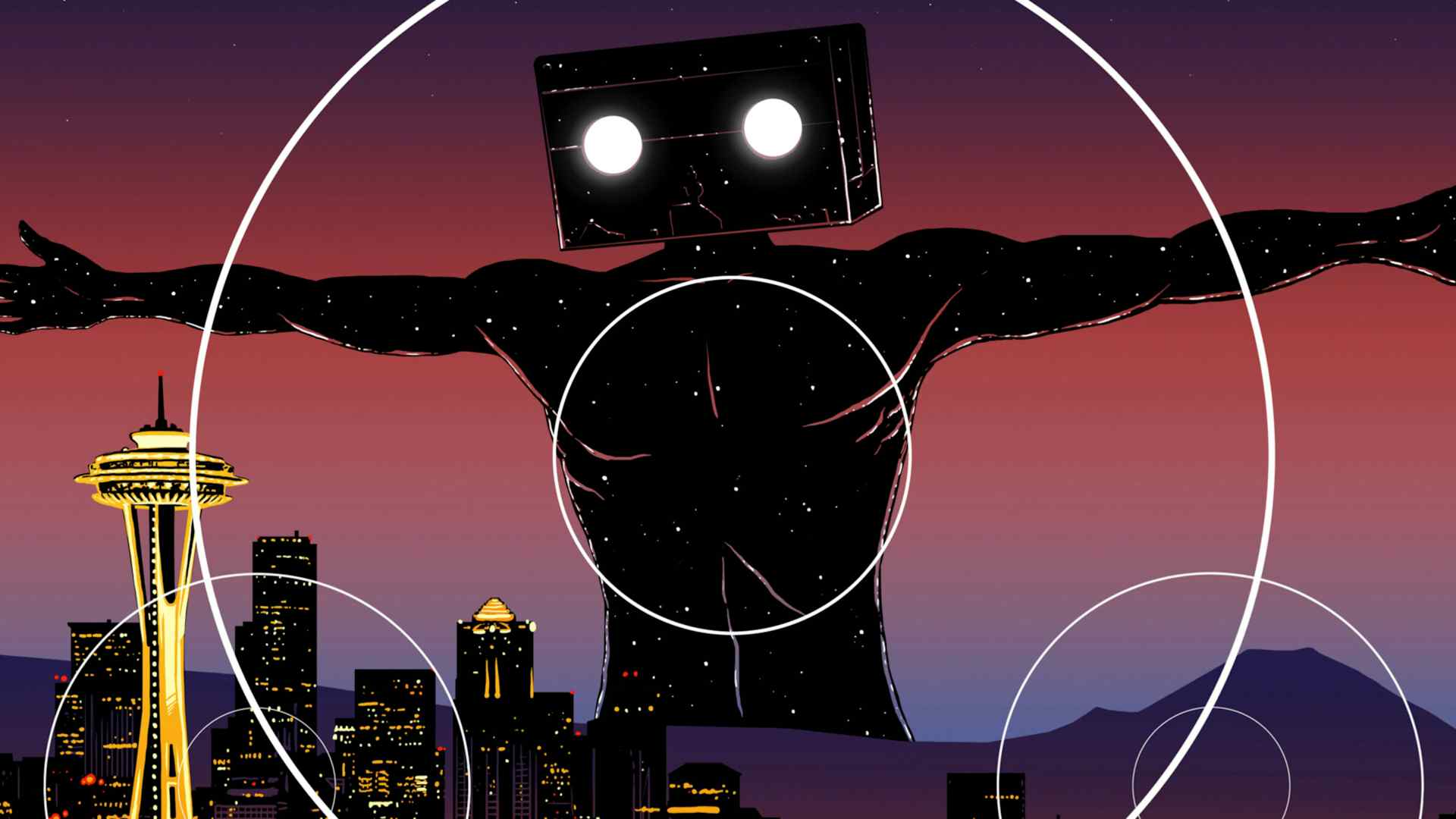Robert Horton is a Scarecrow board member and a longtime film critic. This series of "critic's notes" is chance to highlight worthy films playing locally and connect them to the riches of Scarecrow's collection.

What time is it? The vibe of the 1970s is once again all over a Paul Thomas Anderson film, from the central plot focus—a group of violent activists who seem to belong more to the Vietnam era than the ostensible 21st century setting—to the exquisite deployment of a Steely Dan song as a transitional device (at that point the movie really is reelin' in the years, although it's not that song). The giddiest 70s throwback is a climactic car chase in the desert, a chance to evoke Duel and Vanishing Point and Easy Rider as this film's characters sort out their end games. That's a wonderful sequence—Anderson doesn't imitate his predecessors, but finds crazy new things to do with a strip of road and fast-moving vehicles and overlapping motives. The sequence is also very funny.
I like the 70s feel, but even more I admire Anderson's dedication to making movies that revel in difficult characters, wild tonal shifts, and curious curlicues of plot, elements that were in place in at least some of the American cinema of that decade. One Battle After Another is extremely odd; even viewers hoping to find a revolutionary manifesto could walk out puzzled. Its shaggy style had me wondering at times when the film was going to properly begin (even the opening-title credit feels randomly placed), and the people onscreen unabashedly exist at a near-cartoon level. But it's hard not to love the movie in pieces, or to savor Anderson's sneaky subversion, the sense that the caricatures and Strangelovian doublespeak is in service to something real.
An extended prologue follows a furious activist, Perfidia (Teyana Taylor, the fierce mother from A Thousand and One), whose commitment to the cause is sometimes addled by polymorphous perversity—generally with her boyfriend/bombmaker Pat (Leonardo DiCaprio), but also with a ramrod-uptight military man, Colonel Lockjaw (Sean Penn), her enemy. Various dramatic incidents, including the birth of a child, lead us to a narrative leap of 16 years, with Pat (now Bob and incognito) off the grid, self-medicated with weed and booze, raising his teenage daughter Willa (Chase Infiniti). The past comes back, and the adventure that follows will loop in a martial-arts sensei (Benecio Del Toro) and his sanctuary program for undocumented immigrants, a white supremacist boys' club whose members swim at the highest echelon of American power, and the ancient bureaucracy still at play in Bob's old radical network, its code words lost in the byways of Bob's weary brain.
DiCaprio is in wonderfully loosey-goosey form here, holding the movie together with his game-for-anything performance, a sincerity reflected in Bob's own earnestness. (There are a collection of DiCaprio scenes in this movie that already qualify as masterpieces, notably Bob's interaction with his daughter's friends and his frantic attempts to summon up those code words.) Many of the film's pleasures have to do with the actors and their gifts, whether Penn's mannered but nevertheless astonishing turn to the empathy of Regina Hall, whose performance is almost entirely a silent-movie kind of presence.
The movie's visual style reads as casual; if Phantom Thread looked meticulous in the spirit of Daniel Day-Lewis's fussy protagonist, One Battle After Another keys its scruffy approach to DiCaprio's frowsy burnout. Still, Anderson does conjure up regular visual coups, such as DiCaprio making a bomb in a basement while sitting beneath a big Budweiser neon sign, or Taylor's pregnant revolutionary spit-firing a machine gun in target practice. You may wonder what this movie is about, but you won't be bored for long.
It's the kind of project that fosters conversation on what it's saying about contemporary America, etc. etc., and that's fine, although the film's sheer exuberance seems to offer its own solution. So does its embrace of the absurd. Despite the best efforts of late-night comedians, we have lost our appreciation of the absurd, or at least half of the country has, so that the most farcical of governmental actions and statements appear on a daily basis without the unified ridicule they so richly deserve. One Battle After Another—what a splendid title—engages in mockery and slapstick, a refreshing take; Lockjaw even turns into Wile E. Coyote at one unlikely point in the chase through the desert. I still don't know if the center holds with all of this, but the movie is asking questions, just as Bob's telephone interlocutor keeps searching for the answers to the code questions. "What time is it?" is one of them, an ambiguous query that eventually does get answered. But the implication is that we will have to come up with our own answer to this question, however hazy our current era appears.
October 10, 2025


